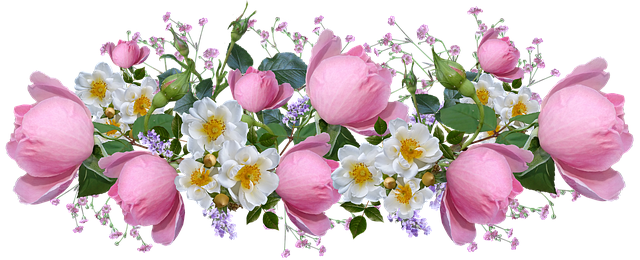
There are many sources of resources available that you can utilize to obtain high quality horticulture information. You can spend days looking for the horticulture information you need. This article will tell you all of the advice you need to begin.
In order not to shock your plants, you have to gradually accustom them to the change of temperature and conditions. Place them outdoors in the sun for about an hour or two on the first day. Over a period of several days, slowly increase the time they are allowed to stay outside. By the time the week ends, your plants will be ready for their big move and should have no problems!
Select plants that will bring a relatively high yield.
This raises the chance that your plants can survive to adulthood.This method also reduces the freedom of tightening time between plantings. Your seedlings will be started and ready to be planted when you remove your last crop from the garden.
Think about planting your seeds in indoor pots and then transplanting them to your garden once they become seedlings. This raises the chances of the plants growing until adulthood. It also allows you to tighten up the time periods between plantings. As soon as you harvest the mature plants in your garden, your new seedlings will be large enough to plant outside!
Having healthy soil in your garden will help your number one defense against pests!Healthy plants are stronger and more able to resist both pests and insects. To boost your garden’s prospects of giving you the healthiest possible plants, start with a high-quality soil that has fewer chemicals which over time will accumulate salts.
If you are going to be doing some horticulture, be wary of stink bugs in your garden, especially in the fall! They like beans, as well as peppers, tomatoes and all kinds of fruit varieties. If left uncontrolled, they can decimate your garden, so you should do whatever you can to eliminate them.
Choose perennials that slugs are not attracted to. A plant can be completely demolished overnight by slugs and snails. Young plants with smooth and tender leaves are their favorite. There are perennials that slugs do not want to eat, the ones that they hate have hairy leaves, or are unappealing to their taste. Wonderful varieties of such perennials include euphorbia, campanula, helleborus, achillea, and heuchera.
Be diligent in your garden.Weeds can destroy a once promising garden to become overgrown and cluttered. White vinegar is one option you can be a good solution. White vinegar can kill the weeds! If you’re annoyed with pulling up weeds manually, simply spray them with a white vinegar solution.
Moisture on your plants is an invitation to pests and illness. Fungi are a common and irritating pest in the world of horticulture. It is possible to get rid of fungi after it appears with anti-fungal sprays, but the key is to treat your garden before any problems arise.
Use annuals and biennials to brighten your flower garden. Annuals and biennials that grow quickly can really wake up your flower beds, and they allow you to have a new garden look every season or every year, if you choose to. Sunny areas in the middle of shrubs and perennials can be filled in nicely with these plants. You should get varieties such as cosmos, petunia, rudbeckia, hollyhock, sunflowers or marigold.
Do you hate how fresh mint leaves without having to worry about them growing too quickly? You can slow down this growth of mint by planting them inside a container or super-sized bowl. You can plant the container into the soil if you want to, but the walls of the container will hold the roots captive, and keep the plant from taking over your garden!
Spectrum Pesticides
If powdery mildew appears on your plants, don’t purchase expensive chemical solutions. A great home remedy is to mix baking soda with water and a little bit of liquid soap. Spray this on the plants once per week until that mildew goes away. Baking soda won’t harm your plants, and takes care of the mildew efficiently and gently.
Don’t use broad-spectrum pesticides that aren’t meant to kill specific types of garden pests. These kinds of pesticides kill the helpful insects that eat the pests. Bugs that provide a benefit to your garden are more easily killed by these broad-spectrum pesticides, and using them could mean an increase in the pests you are actually trying to get rid of.This can lead to needing even more pesticides to fix the pests.
Use common sense when watering the garden. Use a hose with a soaker attachment to save you time, or be refilling a watering can constantly. Use low water pressure to avoid damaging tender members of your garden. Let your soaker hose run for a while as you do other things.
Make sure to be weary of stink bugs whenever you garden, particularly during the fall months. Stink bugs enjoy gardens, and are especially fond of fruit, tomatoes, beans and peppers. If left uncontrolled, they can cause substantial damage in your garden, so make plans for how to protect your plants from these pests.
Knowing what you are doing in the garden can be very satisfying. As you learn more, you will become a better gardener. It is wise to heed every good piece of advice you are given. If you begin by applying the suggestions from this article, the garden of your dreams will be better than you could have ever imagined.